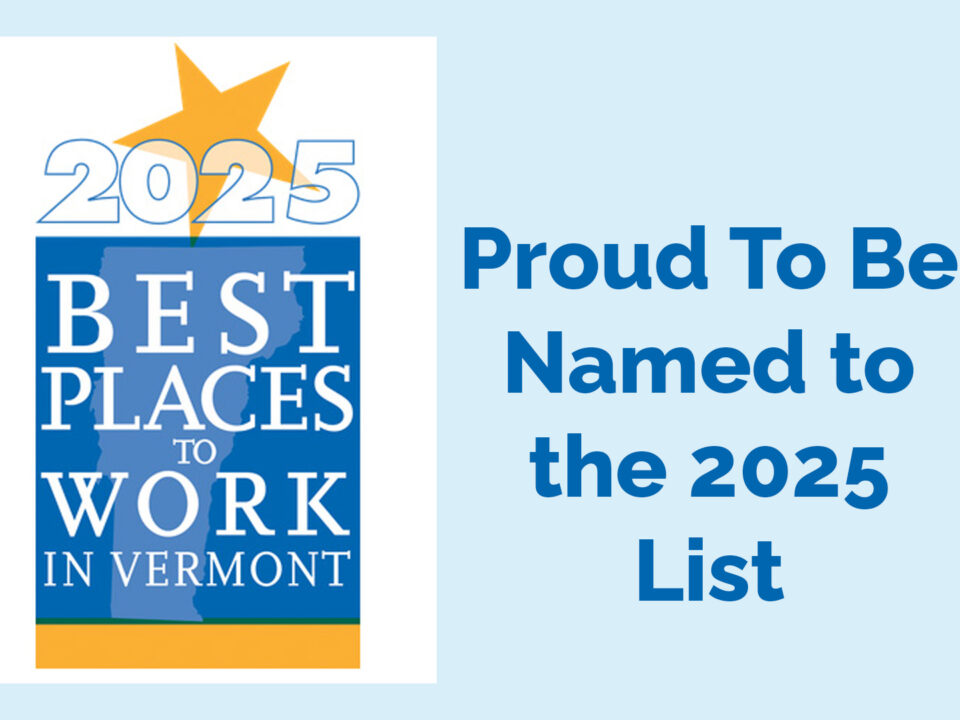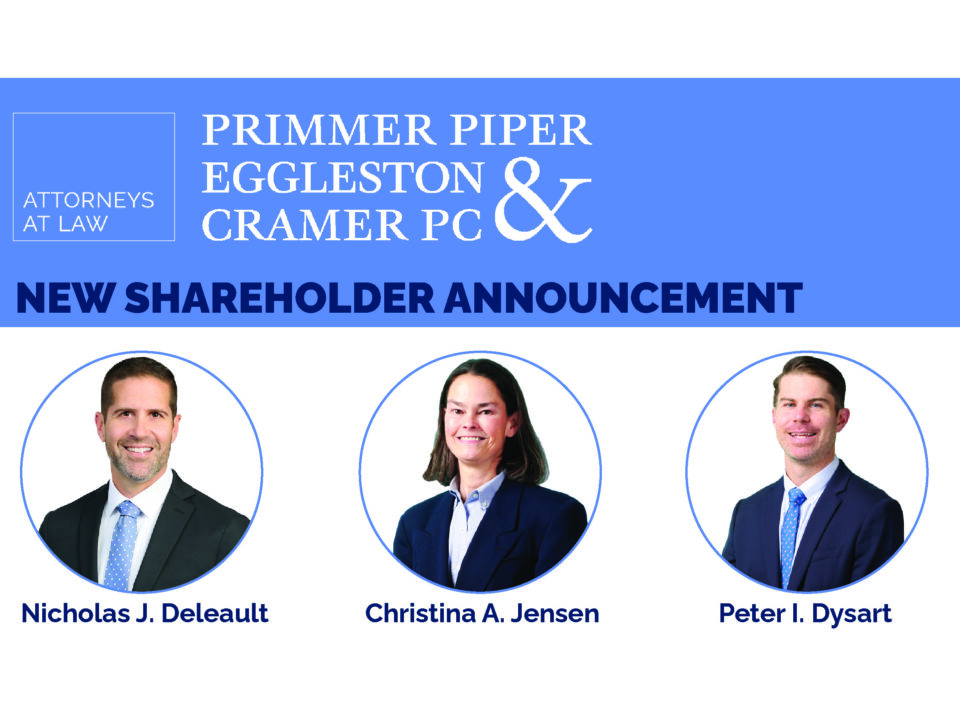
CARES Act | Provider Relief Fund & Medicare Reimbursement

CARES Act | Expansion Of Unemployment Insurance
SBA Publishes New Paycheck Protection Program (“PPP”) Clarification of Partnership Filings, Individuals with Self-Employment Income and Affiliation Rules
On Tuesday, April 14, 2020, the Small Business Administration (“SBA”) issued a second interim final Rule (“Second Rule”) that supplements the guidance for the Paycheck Protection Program (“PPP”) included in the first interim final rule for the PPP issued on April 2nd. The Second Rule provides additional guidance for individuals with self-employment income who file a Form 1040, Schedule C.
How can PPP loans be used by individuals with income from self-employment who file a 2019 Form 1040, Schedule C?
PPP loan proceeds can be used by self-employed individuals to cover owner compensation replacement, employee payroll costs, mortgage interest payments on business mortgage obligations on real or personal property, and business rent and utility payments. However, these expenses must have been claimed (or must be claimed) on the 2019 Form 1040 Schedule C for expenses to be a permissible use during the eight-week period following the first disbursement of the loan.
In addition, interest payments on any other debt obligations incurred before February 15, 2020 can be paid with PPP loan funds, though those amounts are not eligible for PPP loan forgiveness. Finally, if an Economic Injury Disaster Loan (“EIDL”) was obtained between January 31, 2020 and April 3, 2020 and used for payroll costs, your PPP loan must be used to refinance the EIDL, though such amounts will not be forgivable.
What are the other restrictions on how I can use PPP loan proceeds?
At least 75% of the PPP loan proceeds shall be used for payroll costs. For purposes of determining the percentage of use of proceeds for payroll costs (but not for forgiveness purposes), the amount of any refinanced EIDL will be included.
What amounts shall be eligible for forgiveness?
Amounts that are forgivable will include:
Utility payments under service agreements dated before February 15, 2020.
Payroll costs including salary, wages, and tips (for 8 weeks, a maximum of $15,385 per individual), as well as covered benefits for employees (but not owners), including health care expenses, retirement contributions, and state taxes imposed on employee payroll paid by the employer (such as unemployment insurance premiums);
- Owner compensation replacement, calculated based on 2019 net profit as described above, with forgiveness of such amounts limited to eight weeks’ worth of 2019 net profit, but excluding any qualified sick leave equivalent amount for which a credit is claimed under section 7002 of the Families First Coronavirus Response Act (FFCRA) or qualified family leave equivalent amount for which a credit is claimed under FFCRA;
- Payments of interest on mortgage obligations on real or personal property incurred before February 15, 2020;
- Rent payments on lease agreements in force before February 15, 2020, to the extent they are deductible on Form 1040 Schedule C (business rent payments); or
- Utility payments under service agreements dated before February 15, 2020




